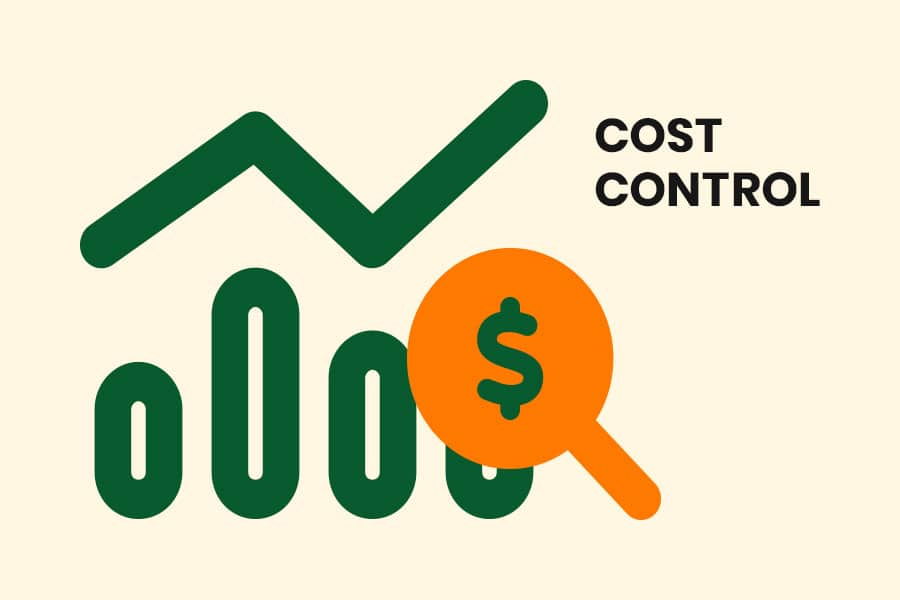

In the dynamic realm of civil engineering, where projects range from infrastructure development to building construction, effective budgeting and cost control are indispensable for success. A well-planned budget serves as the foundation for project financial management, while efficient cost control ensures that quality standards are met without overshooting the allocated funds. In this blog, we delve into essential tips and strategies to master the art of civil engineering budgeting and cost control.
- Thorough Project Assessment:
Before embarking on budgeting, conduct a comprehensive assessment of the project. Understand the scope, identify potential risks, and account for unforeseen challenges. A meticulous project evaluation helps in creating a realistic budget that considers all aspects of the construction process.
- Detailed Cost Estimation:
Accurate cost estimation is the cornerstone of effective budgeting. Break down the project into smaller components and estimate the costs associated with each element. Consider material costs, labor, equipment, permits, and any other relevant expenses. Use historical data and industry benchmarks to refine your estimates.
- Contingency Planning:
In the unpredictable world of construction, unexpected events can impact both timelines and budgets. Allocate a contingency fund to account for unforeseen circumstances, such as weather delays, design changes, or supply chain disruptions. A well-calculated contingency ensures that the project can adapt to challenges without causing financial strain.
- Regular Monitoring and Reporting:
Establish a robust system for monitoring expenses throughout the project lifecycle. Regularly compare actual expenditures against the budgeted amounts. Implement a reporting mechanism to keep all stakeholders informed about the financial status of the project. Timely insights enable proactive decision-making to address potential budget overruns.
- Technology Integration:
Leverage modern project management and accounting software to streamline budgeting and cost control processes. These tools facilitate real-time tracking of expenses, automate financial reporting, and provide valuable insights. Integrating technology enhances accuracy, efficiency, and transparency in financial management.
- Value Engineering:
Value engineering involves optimizing project costs without compromising quality. Collaborate with the project team to identify opportunities for cost savings while maintaining functionality and performance. Evaluate alternative materials, construction methods, and design solutions that offer cost efficiencies without sacrificing the project’s objectives.
- Bid Competitively:
When soliciting bids from contractors and suppliers, encourage healthy competition. Obtain multiple quotes and carefully evaluate them to ensure competitiveness without compromising quality. A competitive bidding process can lead to cost savings and favorable contractual terms.
- Regular Cost Audits:
Conduct regular cost audits to identify any discrepancies or deviations from the budget. This proactive approach allows for timely corrective actions, preventing minor issues from snowballing into major financial challenges.
- Stakeholder Communication:
Maintain open and transparent communication with all project stakeholders. Keep them informed about budgetary constraints, progress, and any potential changes. Effective communication fosters collaboration and ensures that everyone is aligned with the project’s financial objectives.
- Learn from Past Projects:
Reflect on past projects to identify lessons learned. Analyze budgeting and cost control successes and challenges, and use this knowledge to continually improve processes for future endeavors.
In conclusion, mastering the art of civil engineering budgeting and cost control requires a proactive and strategic approach. By incorporating these tips and strategies, construction professionals can navigate the complex financial landscape of projects, ensuring successful outcomes that meet both quality standards and budget constraints.
At Carroll Engineering Corporation, we understand that we must tailor our project management for each specific project and client to allow us to stay within budget and schedule. That is because each project and client has different needs and challenges.
We can stay within budget for projects because we communicate with our clients regularly to make sure we understand the scope of work and the deliverable required not only by the client but by various reviewing agencies.
We devise our budgets for each project to consider cost-effective strategies for implementing effective technical solutions in an economically efficient manner. We also consider how future operating and maintenance costs can be contained. We meet/correspond with our clients throughout each project phase to stay within budget throughout the entire project duration.
